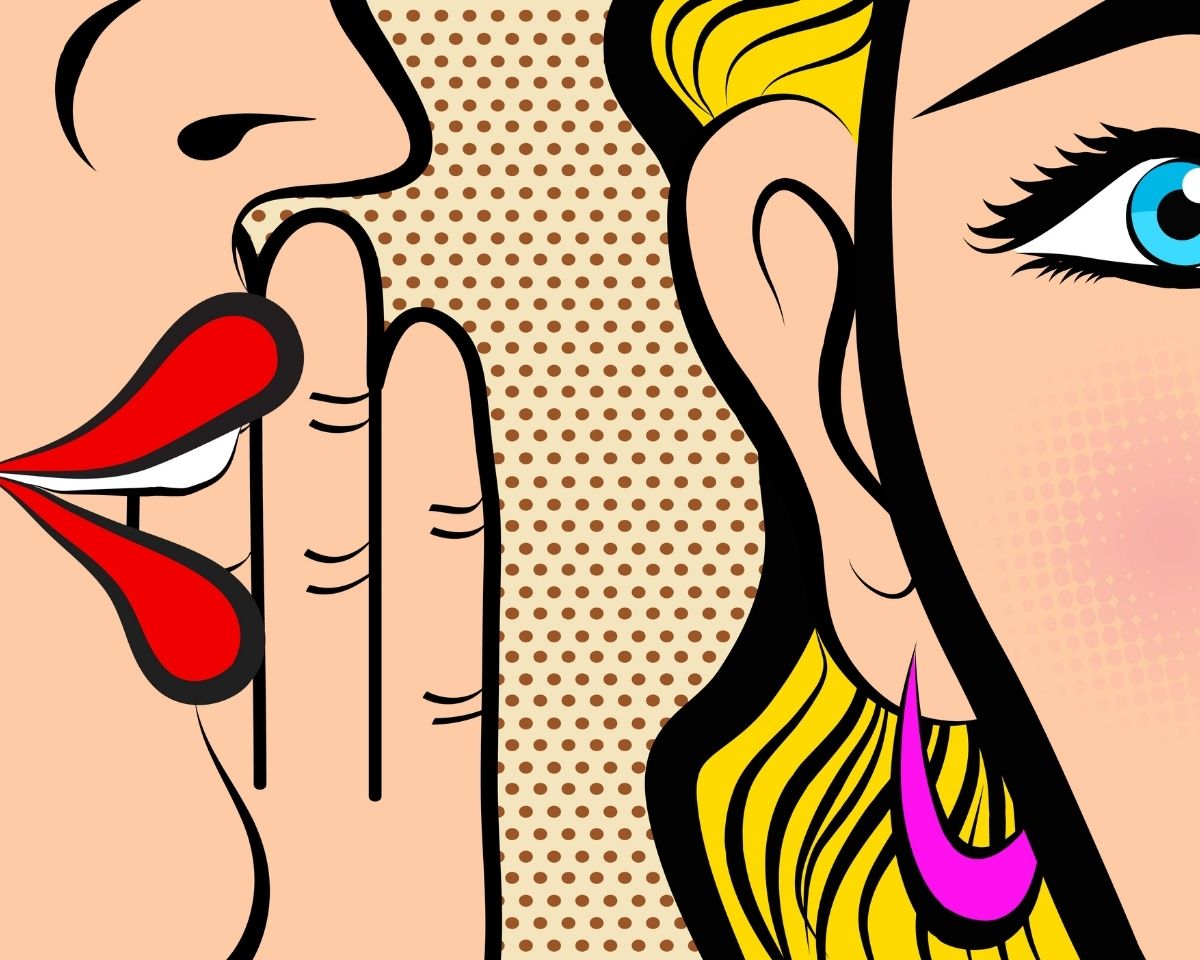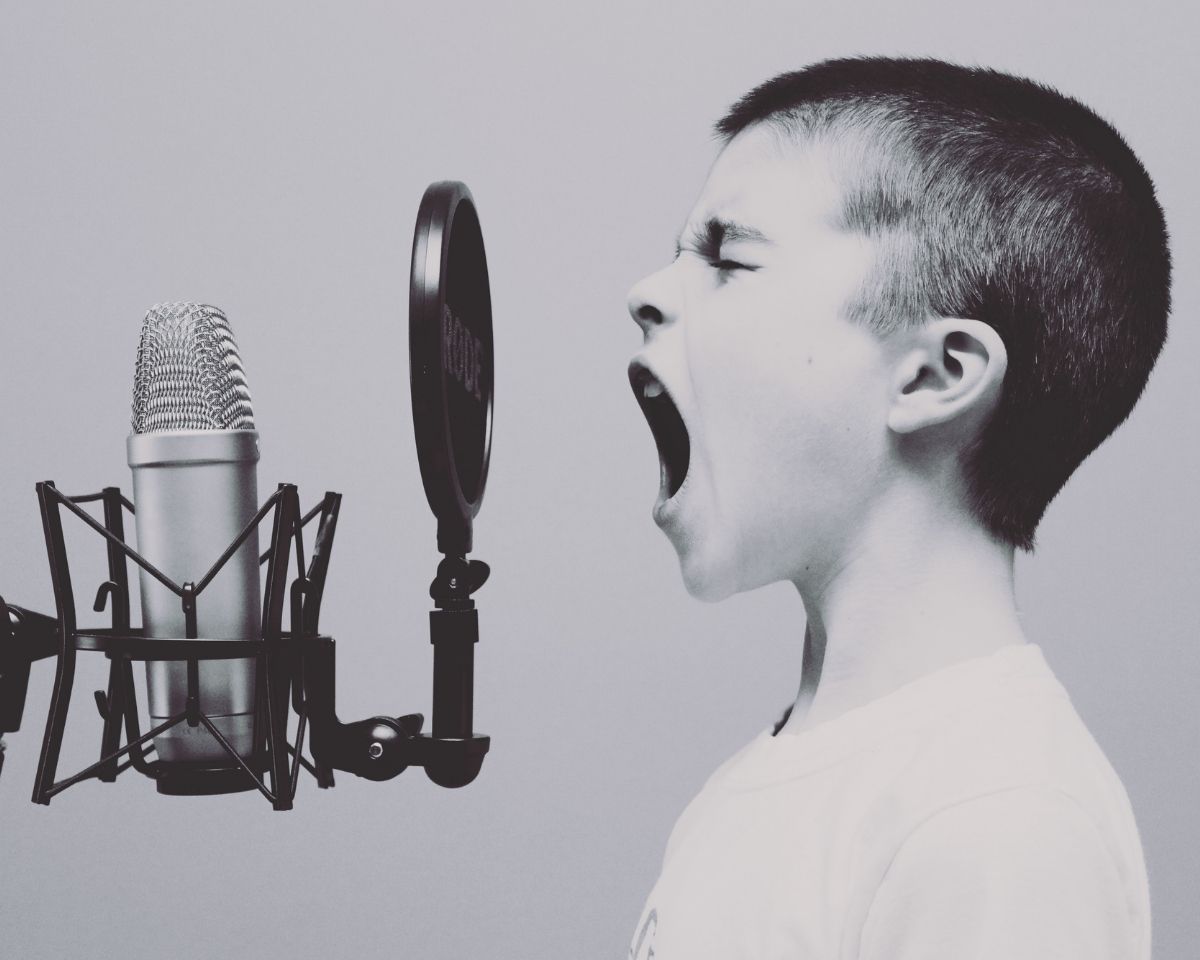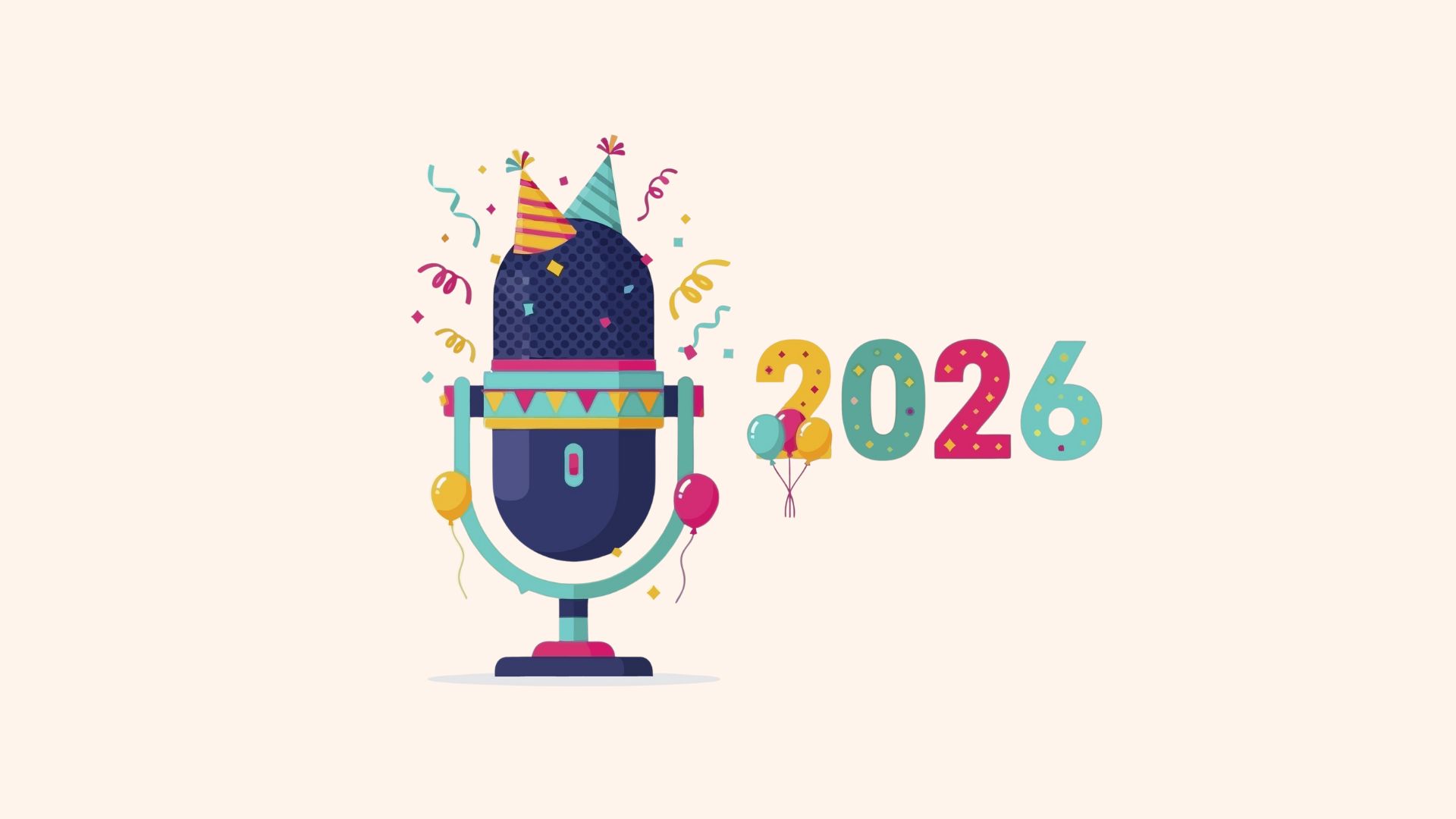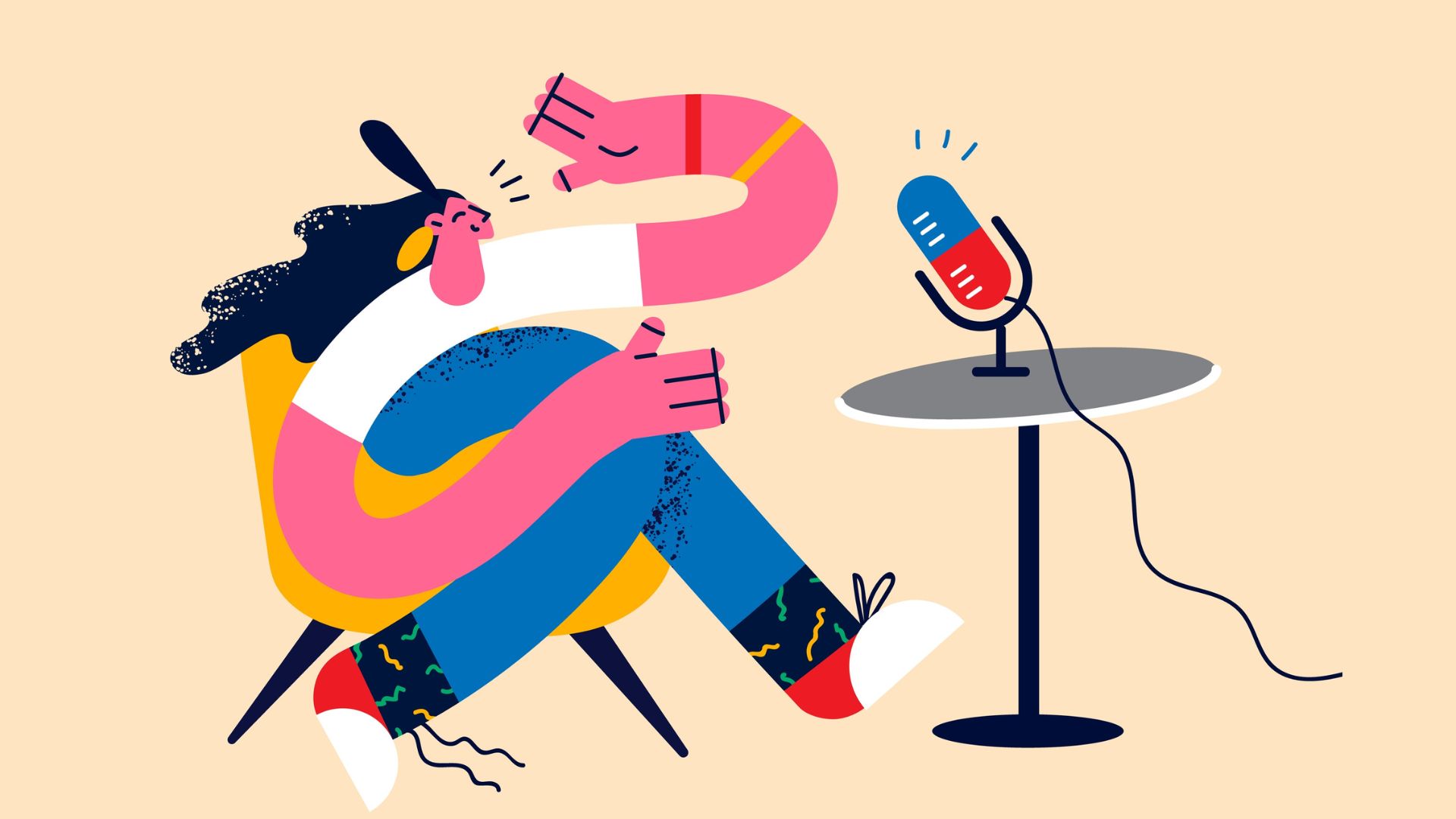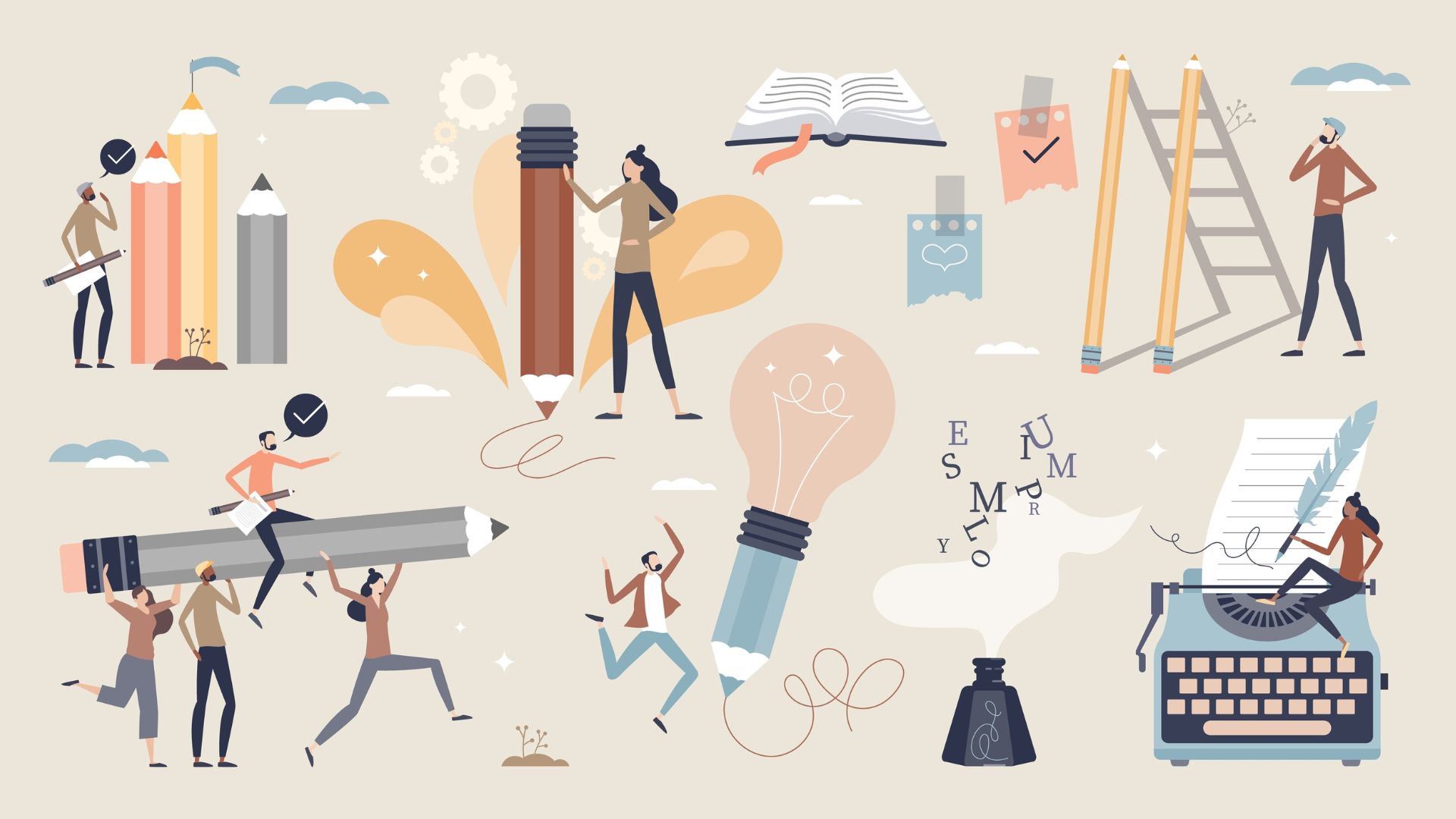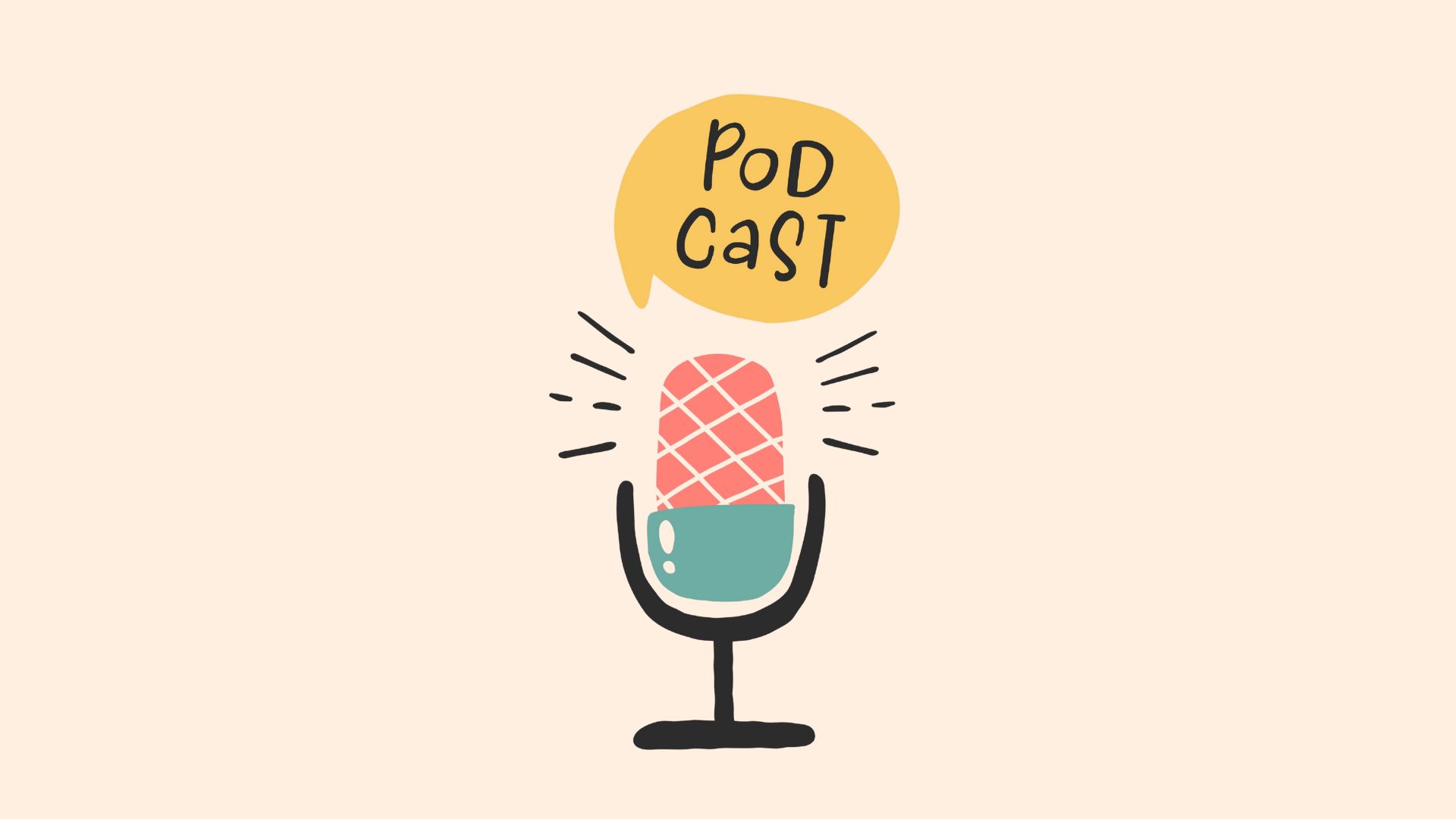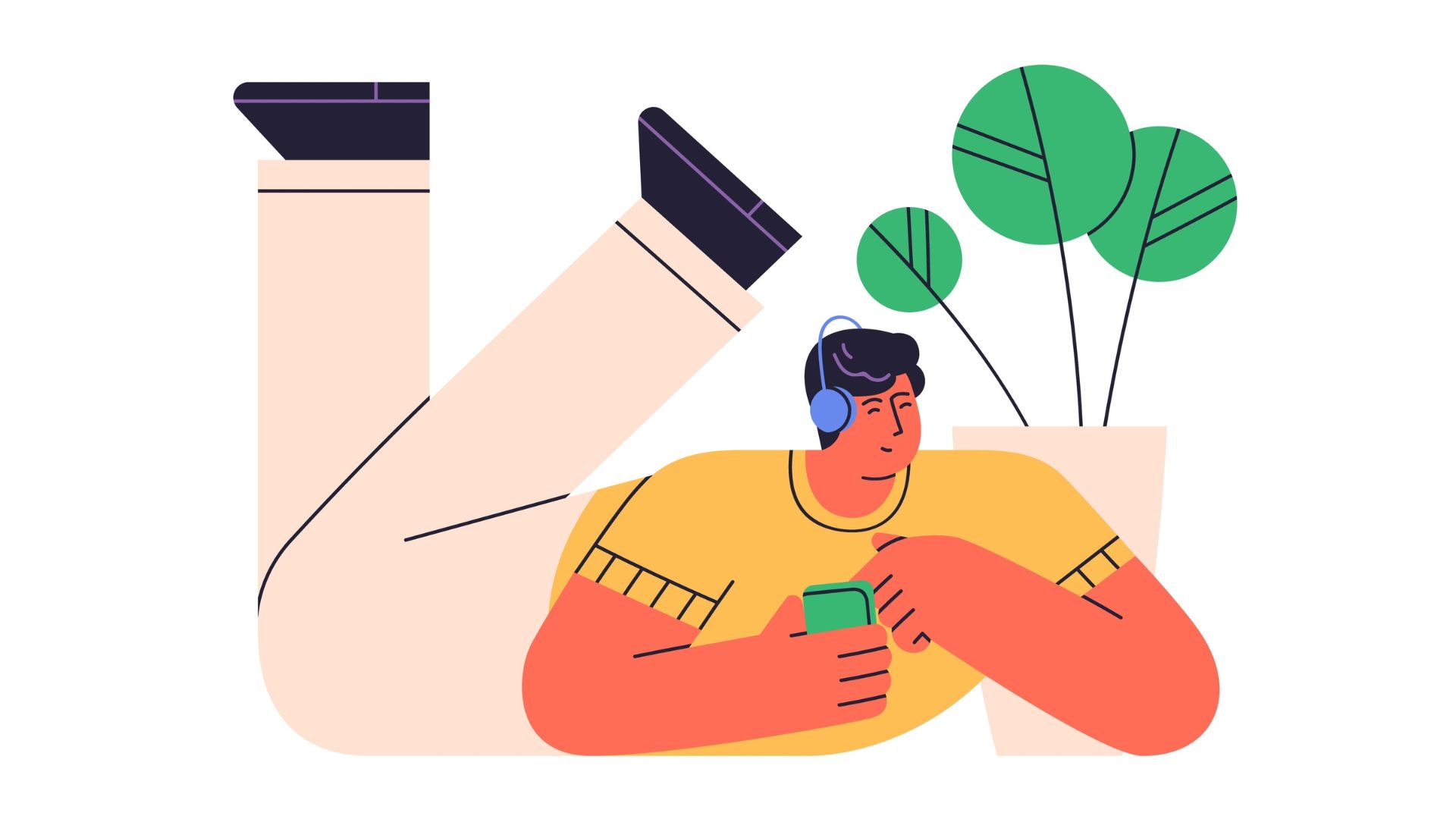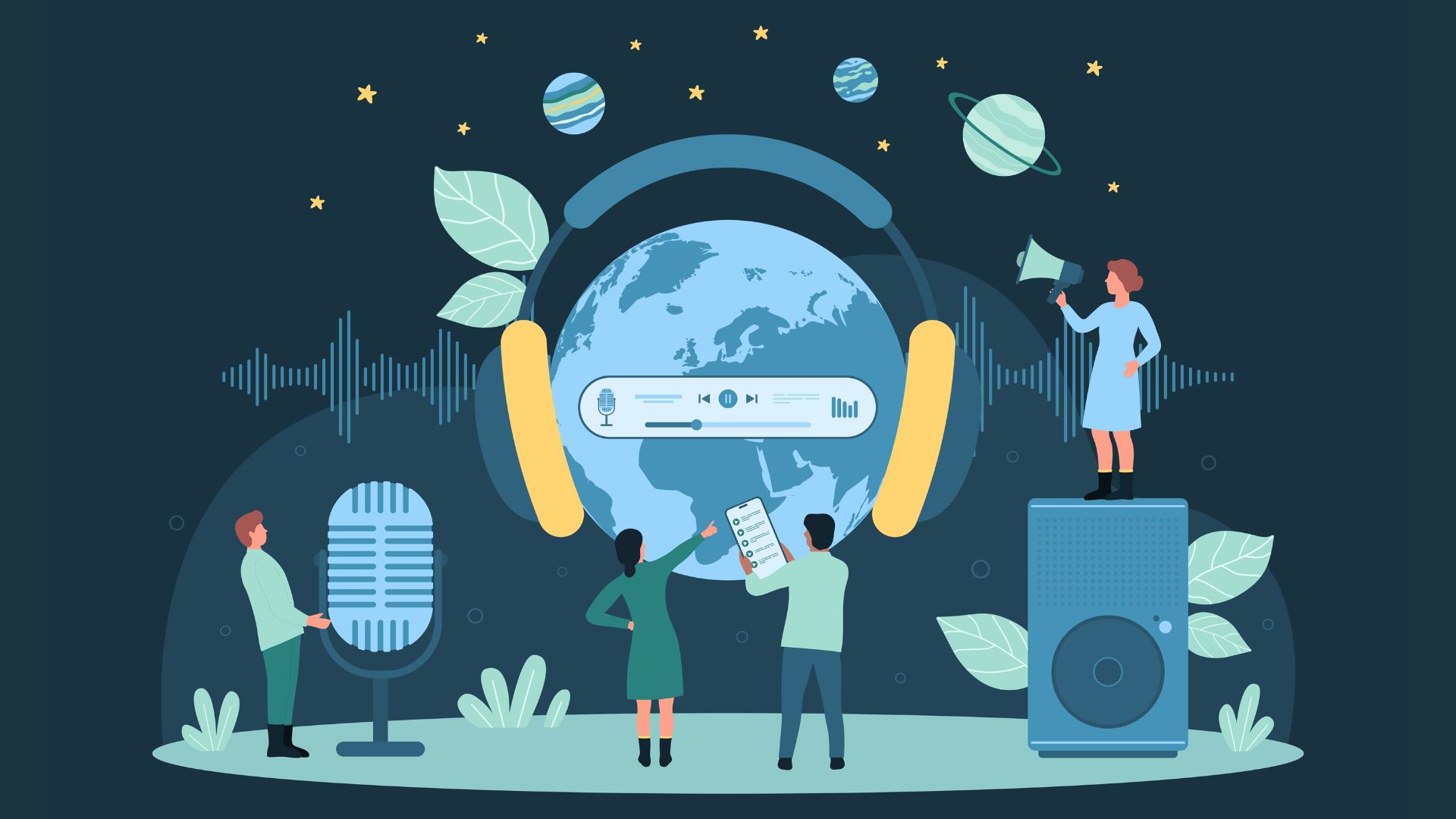How language can impact your connection with an audience
The relationship you have with your podcast audience is the most intimate relationship of any media out there.
That’s because when someone decides to listen to your show it’s an active decision to put their earbuds into their ears and focus on your content 100%.
So you need to make sure, when you’re presenting your podcast, you’re doing everything you can to build a connection with people listening.
That doesn’t mean you’re going to say hi to every person individually.
But instead of presenting your show like you’re standing in front of 1000 people, you need to present it like you’re sitting across from one person, speaking directly to them.
And that means using the most important word in podcast presenting …”YOU.”
Want help starting your podcast? Download my FREE ‘How To Start A Podcast’ guide.
What does that mean in practice?
Instead of saying “Hey everyone! I’d love to know what you all think.” Just say “What do you think?”
If you’re talking about what you’ve got coming up on the podcast, say “Next week I’ve got some great tips for you” instead of “Hey everybody, tune in next week because I’ve got some great tips for you all.”
It’s important to remember for the listener, podcasting isn’t a collective experience so when you’re referring to them as “ladies and gentlemen” or “listeners” or “guys” it disconnects you from them because they’re left thinking “Who are they talking to? It’s just me here!”
If you connect individually with every single member of your audience when you’re presenting your podcast, then en masse they’ll feel like they’re all a part of your show.
And that’s how you turn people from listeners into raving fans.
What if you’ve got a collective term for your audience?
Of course, as with any rule, there’s always an exception and that’s if you want to create a collective term for your listeners.
Similar to Beyonce’s ‘Bey Hive’ or Taylor Swift’s ‘Swifties’, if there’s a term you use to refer to your audience as a group this can be a great way to make them feel part of the club.
This can help build your connection with fans of your podcast and make them feel part of the show.
🎙️ Want to start a podcast but feeling overwhelmed?
Grab my free “How To Start A Podcast” guide or get step-by-step support inside my online course, PodSchool.
Got a question about podcasting? Send it my way so I can answer it on the podcast!
[spp-transcript]
